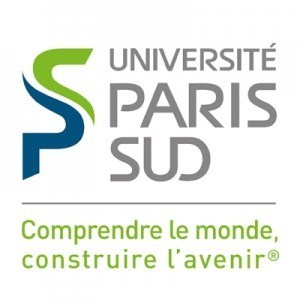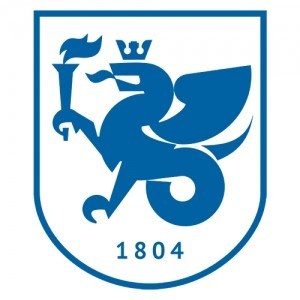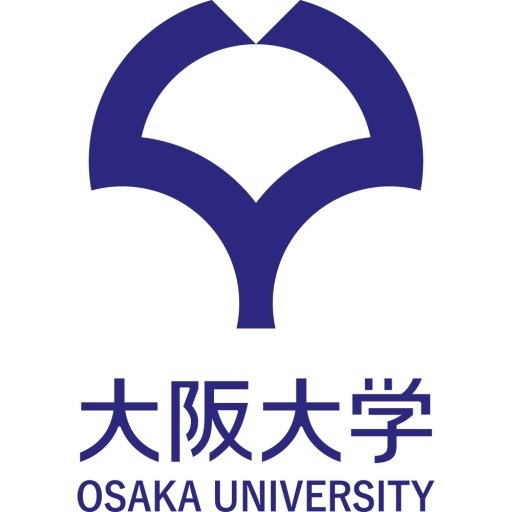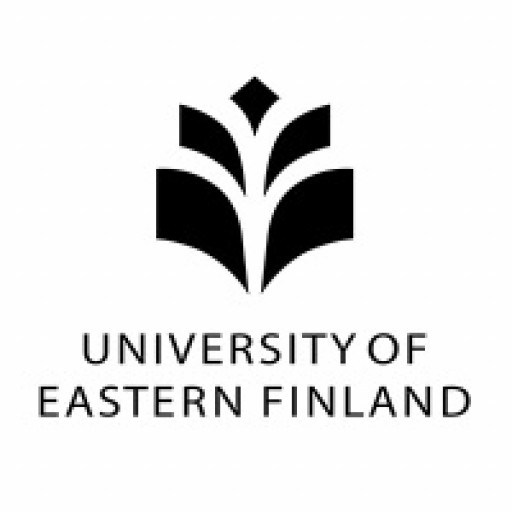Photos of university / #uni_fau
The Bachelor's degree programme in Physics at Friedrich-Alexander University Erlangen-Nürnberg offers an intensive and comprehensive education in the fundamental principles of the physical sciences. Designed for students passionate about understanding the natural laws that govern the universe, the programme combines theoretical foundations with practical applications and experimental skills. Throughout the course, students will explore various branches of physics, including classical mechanics, electromagnetism, thermodynamics, quantum mechanics, and modern physics, providing a broad and solid knowledge base.
The curriculum emphasizes critical thinking, problem-solving abilities, and mathematical proficiency, equipping graduates with the tools necessary for research, academia, or industry. Students will have opportunities to engage in laboratory work, participate in research projects, and attend seminars led by experienced faculty members. The programme also encourages interdisciplinary learning, enabling students to connect physics with fields like information technology, materials science, and environmental science.
Friedrich-Alexander University Erlangen-Nürnberg provides state-of-the-art facilities, including advanced laboratories and computational resources, to support hands-on learning and experimental work. The university’s vibrant academic community offers a stimulating environment for intellectual development and collaboration. Students can also benefit from exchange programmes and internship opportunities, gaining international and practical experience that enhances their career prospects.
Upon graduation, students will be well-prepared for careers in scientific research, technology development, engineering, data analysis, or further academic studies. The bachelor’s programme in physics serves as an excellent foundation for advanced degrees or professional paths in education, industry, and research institutions. With a commitment to fostering innovation, curiosity, and scientific rigor, Friedrich-Alexander University Erlangen-Nürnberg’s physics programme aims to cultivate the next generation of physicists and scientists who will contribute to technological progress and our understanding of the universe.
Educational organisation
The first year of the Master's course is dedicated to advanced courses and projects as well as a seminar. Students can choose between two advanced theoretical courses (quantum field theory and advanced statistical physics, 10 ECTS each) of which they need to successfully complete one; similarly, one out of three advanced courses in experimental physics (particle and astroparticle physics, optics, solid state physics, 10 ECTS each) is compulsory.Each semester, seminars on different topics - both experimental and theoretical - are offered. One of these seminars is compulsory (5 ECTS).
In addition, 10 ECTS are to be acquired in advanced lab courses and projects, which are offered as "traditional" lab courses but also as a hands-on course in methods of computational physics.
The remaining 25 ECTS of the first year will be acquired in elective courses, either advanced, specialised physics courses or related courses in other subjects, e.g. chemistry, engineering or mathematics. Students are free to shape their individual elective study programmes in a highly flexible way; the only constraint is that at least 5 ECTS must be obtained in a physics course.
The second year is dedicated entirely to a research project. In the first half-year the required specialised knowledge is acquired and the experimental or theoretical work to be pursued is planned and prepared. In the second half-year the project is carried out and documented in the Master's thesis. The results are finally presented and defended in a public colloquium.
Study abroad unit(s)
Semesters abroad can be arranged, e.g. through the ERASMUS programme, but are not compulsory.Internships
NoneForms of assessment
Lecture courses (typically 45 ECTS) are assessed by written or oral exams; for lab courses (10 ECTS), the quality of the lab work and the written protocol are rated; for the seminar (5 ECTS), the grade is based on the quality of the presentation and participation in the discussion of other participants' talks. The one-year research phase is organised in four consecutive modules addressing a common research topic; the first two modules (specialisation and project preparation, 30 ECTS together) are pass/fail and the other two (Master's thesis, 25 ECTS, and Master's colloquium, 5 ECTS) count double.Course objectives
The Master's course qualifies participants to work as independent physicists in research, academia or the private sector. Physicists also qualify for a large variety of other occupational areas such as consulting, management or public services.Language requirements
The required English level is "vantage or upper intermediate" level (B2) according to the Common European Framework of Reference for Languages or an equivalent score in an internationally recognised test.Academic requirements
Applicants are required to have a Bachelor's degree in physics or an equivalent qualification. A list of courses (with details on the duration of the course and hours involved) and grades must be provided. A CV and a letter of motivation should accompany the application.Academic records should be issued in their original languages accompanied by English or German translations (usually prepared by the university or a government agency, unless the institution issues original documents in English). In general, records or transcripts must be issued by the school and must include the school's stamp or embossed seal and the signature of the authorising official.
If upon inspection of the above documents, a student is to be considered for the programme, an interview may be conducted, either in person or by phone. In addition, proof of proficiency in English may be required.
Enrolment fees
The contribution to student services currently amounts to 42 EUR per semester. An additional charge of 65 EUR per semester covers the mandatory basic "semester ticket", a transit pass that provides students with unlimited access to public transport in the metropolitan region of Nuremberg from 7pm to 6am on weekdays and at all times at weekends. (For an additional optional charge, the validity of the pass can be extended to 24 hours a day, seven days a week.)Costs of living
The cost of living can only be approximated very generally, as the needs and living conditions of every student are different.Rent: 250-600 EUR per month
Health insurance, doctor, medicine: approximately 70 EUR per month
Food: approximately 165 EUR per month
Study materials: approximately 30 EUR per month (depending on the subject)
Transport: minimum 65 EUR per semester
Student services: 42 EUR per semester
For more information, see: http://www.fau.eu/study/prospective-students/financing-your-studies/costs-of-studying
General information on the average cost of living in Germany is available online: http://www.internationale-studierende.de/en/prepare_your_studies/financing/costs_of_living
Job opportunities
Students of the Master's course can conduct tutorials and lab exercises for undergraduates (earning up to 400 EUR per month).Funding opportunities within the university
The Central Office for International Affairs offers scholarships from Bavarian state funding to allow highly qualified international students in Master's, "Diplom", and State Exam degree courses to complete their degrees.http://www.fau.eu/international/international-applicants/bachelors-masters-state-examinations/during-your-studies/scholarships-for-international-students-about-to-graduate/
Arrival support
Departmental staff will provide you with individual advice and support.Services and support for international students
The Student Advice and Career Service (IBZ) will provide you with detailed information on all important topics relating to your studies (study courses, subject combinations, application requirements, support with organising your study programme and complying with all assessment/examination requirements) and on settling in at the beginning of the semester (coping with particular difficulties, changing subjects or suspending studies). For more information, see http://www.fau.eu/study/prospective-students/student-advice.The Career Service of FAU will provide you with information on career opportunities and the specifics of an application procedure in Germany. For information, see: http://www.fau.eu/study/current-students/career-service.
The Student Service Centres (SSC) and student advisers in the faculties will provide you with further advice on your particular course of study. Programme coordinators organise subject-related orientation events and guide you through the entire study period.
The Central Office for International Affairs (RIA) will provide you with detailed information on accommodation, visa issues, and scholarship possibilities. In cooperation with the IBZ, it also organises information events and general orientation courses for first-semester-students.
See: http://www.fau.eu/international/international-applicants.
The Alumni network provides students with many topics and events for professional advancement. See: http://www.fau.eu/alumni.
Accommodation
Erlangen and Nuremberg are attractive cities with a historic flair and modern infrastructure. Therefore, the housing market is quite tight. FAU will do its best to assist new students in finding accommodation.Student halls in Erlangen and Nuremberg can only provide accommodation for a small number of students. Another option is the private housing market. If you extend your search to neighbouring towns, such as Fürth and Forchheim, your choice of accommodation is much larger and rents are lower, while the well-developed local public transport system ensures that you're never far away from the university. In addition, there is the option to sublet a room, or you can share a flat with other students. This option not only saves you money but also helps you settle in quickly and make friends in your new home. You can find information to help with your housing search on specialised websites and the university's notice boards.
Detailed information on finding accommodation is available at http://www.fau.eu/international/international-applicants/important-information.
If you need further assistance, you can also turn to the Accommodation Service of the Central Office for International Affairs (RIA). E-mail: accommodation@fau.de.








